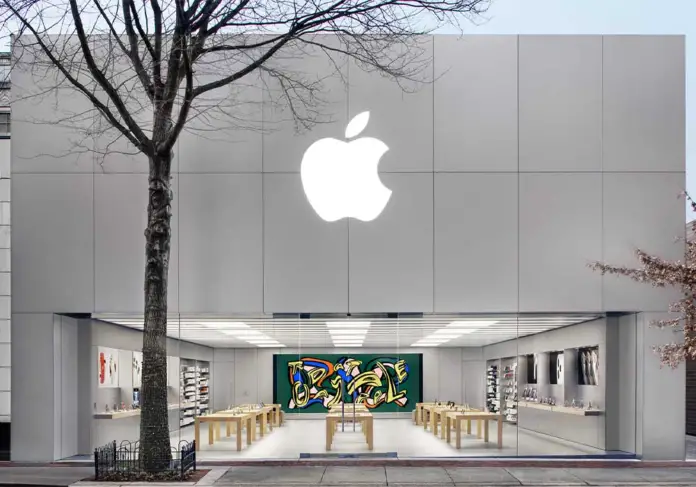Apple is expected to unveil a new headset that combines the real and virtual worlds at its upcoming annual software developer conference. Both Apple CEO Tim Cook and Meta CEO Mark Zuckerberg are competing to shape the future of technology where the physical and digital realms merge.
Zuckerberg envisions a “metaverse,” a parallel digital universe for people to gather and engage, with products already available. In contrast, Apple’s marketing chief, Greg Joswiak, has dismissed the term “metaverse,” and Apple’s device remains a rumor. The presentations at Apple’s Worldwide Developers Conference will commence on Monday in California.
Previously known for iPhones, Apple has focused on augmented reality features for existing devices, enabling apps to display virtual furniture in real-life settings. Analysts believe that Apple’s rumored headset, resembling ski goggles and potentially priced around $3,000, serves as a temporary solution. Apple’s ultimate goal is to develop transparent glasses that overlay digital information onto the real world, wearable throughout the day. However, faced with competition, Apple decided to introduce its own goggles.
Apple has not provided specific details about its future plans and products. The technology for Apple glasses is still several years away. In the meantime, competitors such as Sony and Pico have released mixed-reality headsets that demonstrate the possibilities of blending the real and virtual worlds. Meta Platforms recently announced its Quest 3 headset for $500, following the release of last year’s Quest Pro, priced at $1,000.
Apple has been incorporating augmented reality features into its iPhones and iPads since 2017, primarily in furniture shopping apps and a limited number of games. The company has maintained a secretive approach due to uncertainty regarding the mainstream applications of mixed or augmented reality technology, known as “XR” in the industry. Without a definitive “killer app” for the device, Apple appears to be preparing a premium offering to showcase its potential to software developers, encouraging the creation of compelling apps.
Engaging in a costly battle with Meta, Apple risks compromising its reputation for polished products in an emerging market that is still nascent. Last year, Meta held an 80% market share in augmented and virtual reality headsets, with a total of only 8.8 million units sold, according to IDC data. In comparison, Apple alone sold 226 million iPhones. Although Meta has products on the market, Apple’s advantage lies in its influence over software developers and its established ecosystem, spanning various devices, including Macs, Apple Watches, and iPhones.
Apple aims to leverage its existing ecosystem to keep users within its ecosystem, providing a seamless cross-device experience.







